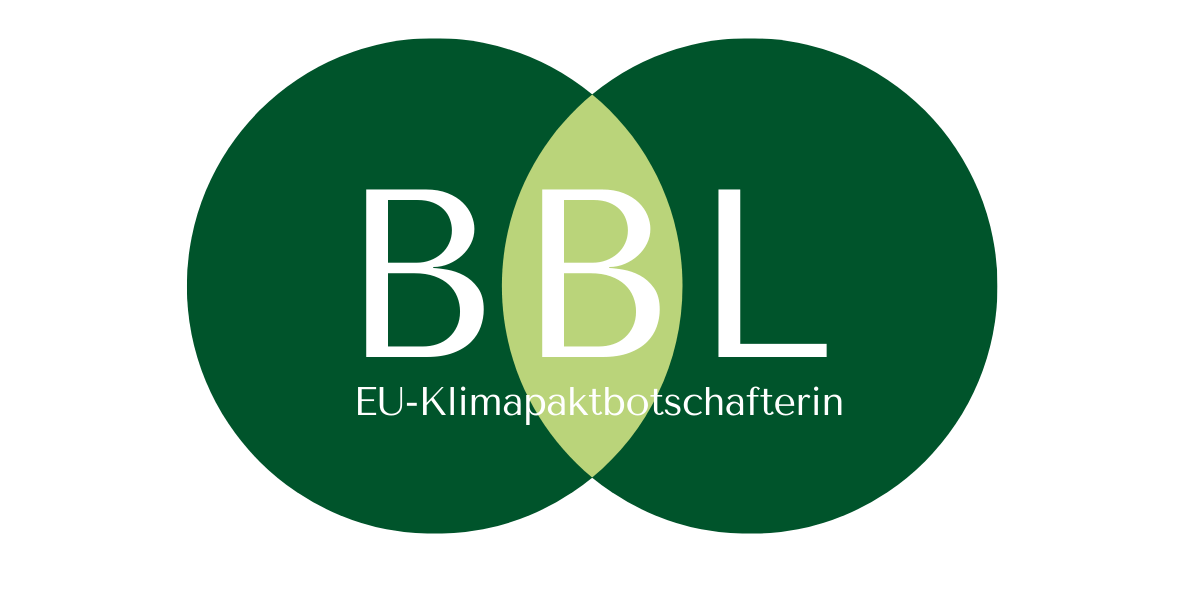New waste and soil protection law in Spain
Congress in Spain has passed a new law to improve the circular economy. It took more than a year to create the conditions for this. The main focus is on the reduction of plastic and more efficient waste recycling.
Photo: moodboard-AdobeStock
The innovations at a glance
Essentially, there are four important innovations, the importance of which should not be underestimated. But the reality of the circular economy is in our hands
1. Ban single-use plastic
When the law comes into force, the marketing of single-use plastics such as straws and single-use tableware will be banned.
At the same time, the consumption of single-use plastic products such as beverage cups (including lids and closures) and containers containing food for immediate consumption is to be reduced by 50% by weight by 2026. By 2030, by 70% compared to 2022.
They are to be replaced by reusable alternatives and other materials.
In addition, from January 1st, 2023, the free delivery of single-use plastic products will be prohibited. For this reason, the price of the product must be shown on the sales receipt.
The aim of the law is to reduce the amount of waste and the associated negative effects on the environment.
This is combined with two new taxes: one for single-use plastic packaging and one for landfilling and incinerating waste. The latter has so far only existed sporadically at regional level. The assessment basis for the tax on plastic packaging is the amount of non-recycled plastic contained in the packaging, which is taxed at EUR 0.45 per kilogram. The two new taxes will not apply until January 1st, 2023.
2. Focus on organic waste
Spain has problems meeting the recycling quotas set by the EU. The expansion of waste separation, which is required by this law, is all the more important: throughout Spain, organic waste bins must be provided in municipalities with more than 5,000 inhabitants by June 30th, 2022 and by December 31st, 2023 in all other municipalities. In addition, textile waste, used cooking oil, hazardous household waste and bulky waste must be disposed of separately from December 31, 2024.
3. Plastic avoidance through drinking water supplies
The reduction in single-use packaging also has the demand for drinking water supplies in mind. Public administrations should have to set up fountains with drinking water in their offices as well as in public places. In the hotel and catering industry, consumers should always be offered tap water free of charge.
4. Soil protection regulations
The regulations for contaminated soil are largely retained from the old Waste and Soil Protection Act of 2011. A new feature is the introduction of a national register of voluntary decontamination of contaminated soil, which brings together data from the regional registers. In addition, it is standardized that no building permits may be issued for the areas designated as contaminated soil until the soil has been cleaned.
Now it’s up to all of us: recycling starts with separating

A shambles: plastic flower pots and cardboard; sacks for building materials and cardboard; plastic bags of unknown content; clothing, plastic and cardboard. Unmarked containers and shrub trimmings just on the street.
There are basically five factions:
- Glass
- residual waste
- packagings
- paper and cardboard
- Household organic waste
There are also containers for:
- old clothes
- cooking oil
Garden waste belongs in separate containers or in the Ecopark.
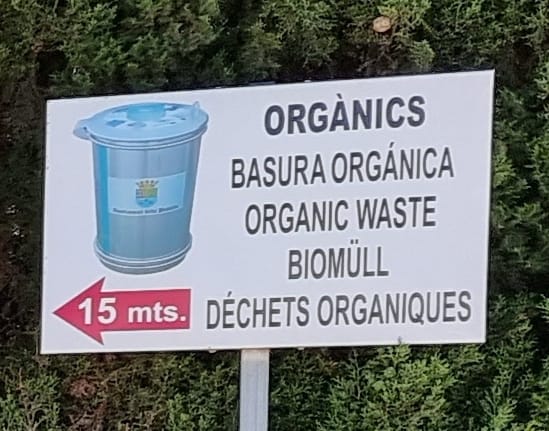
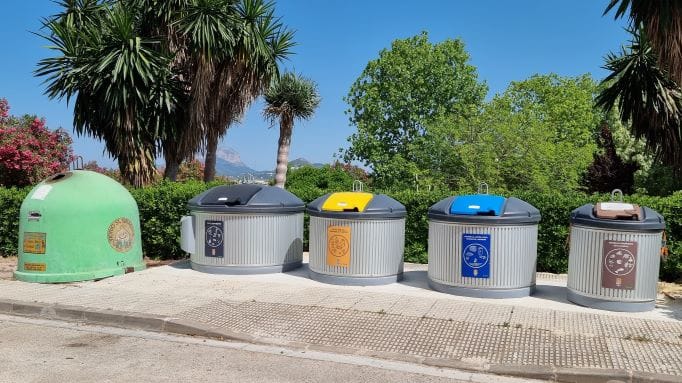
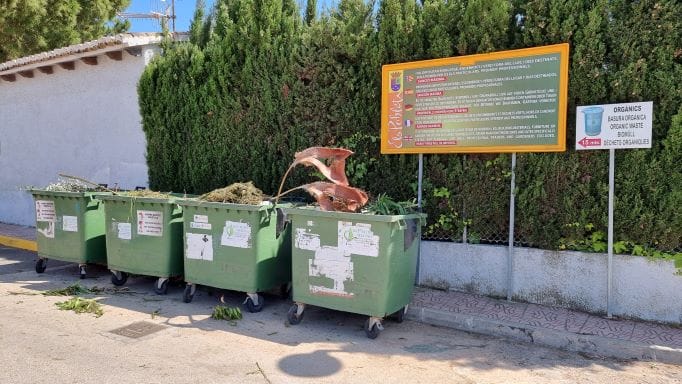
Special service for free collection of garden waste in Elche: more at https://www.elche.es/
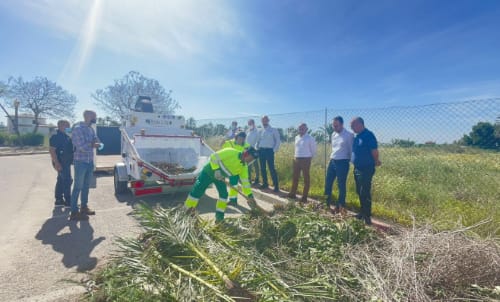

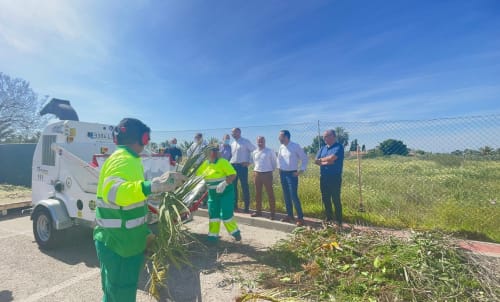
Photos: Municipality of Elche
Unfortunately, it often looks different, despite all prohibitions and penalties:

